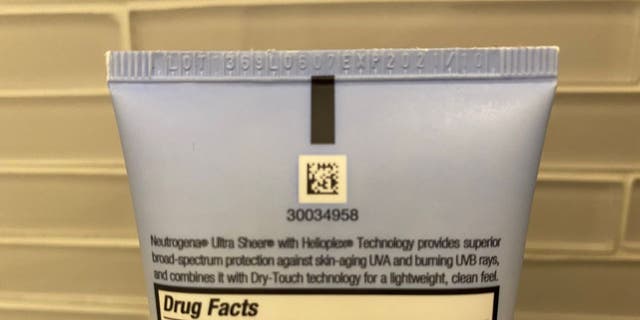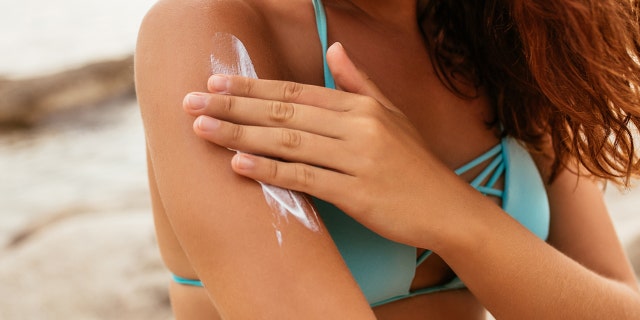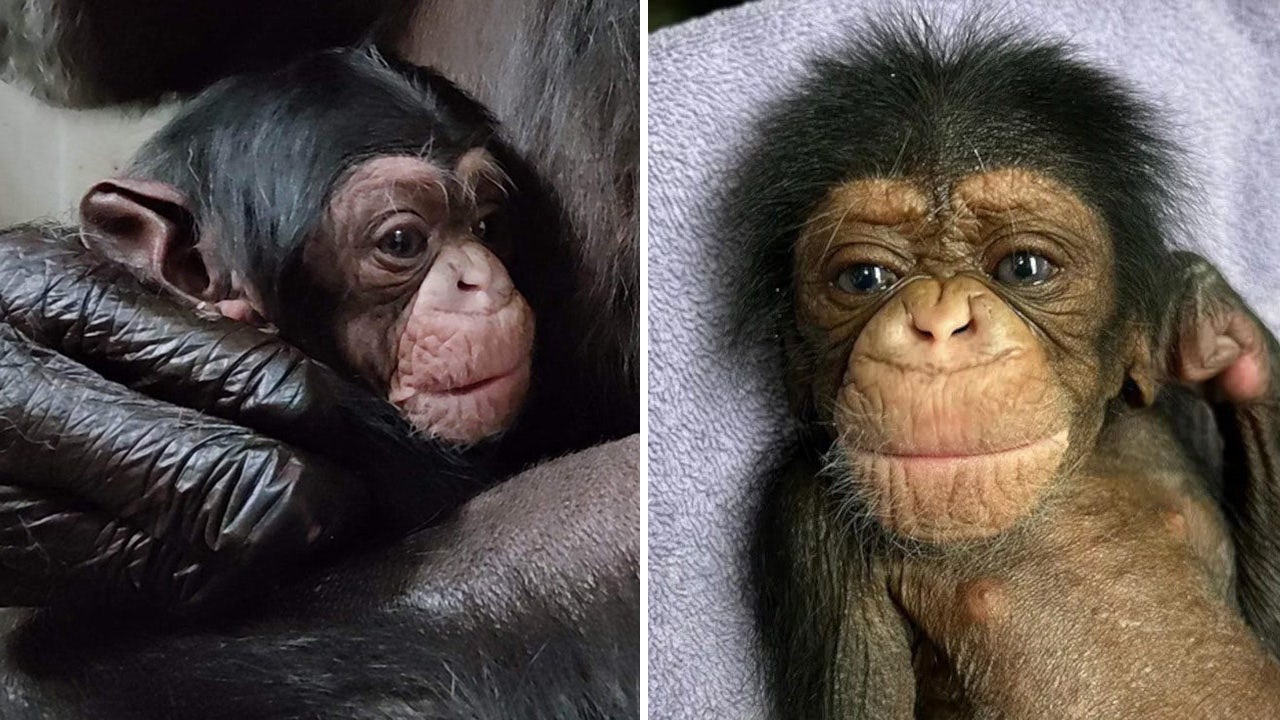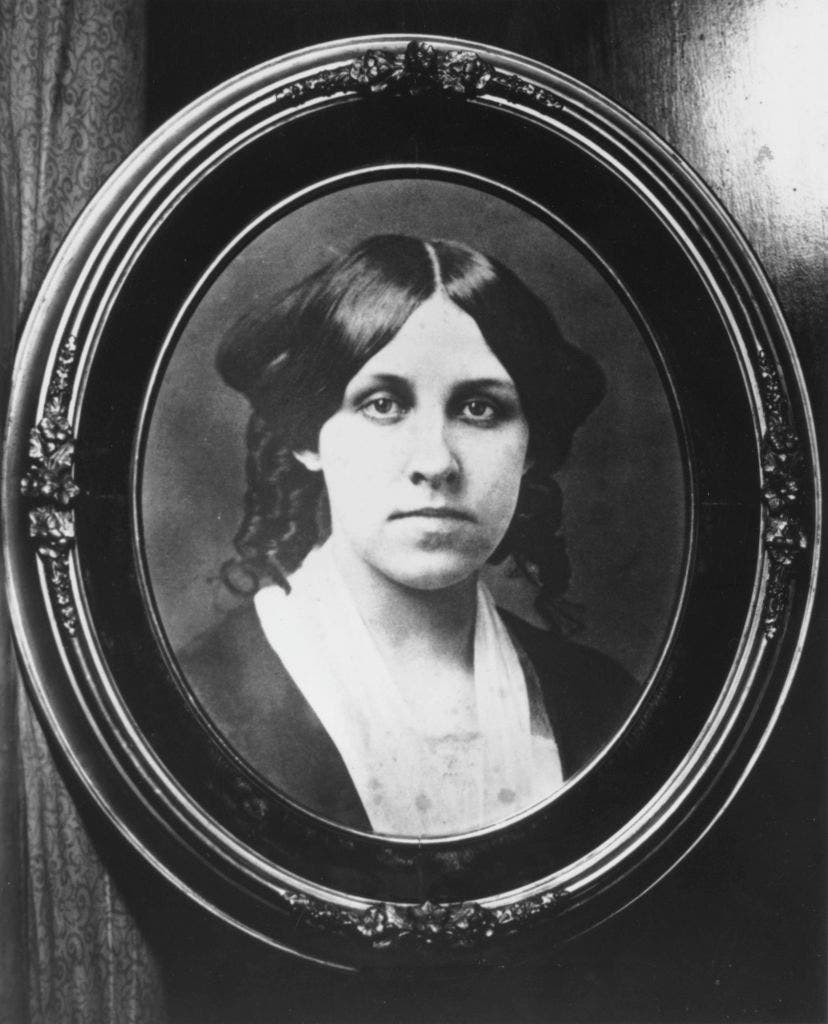Sunscreen safety is in the spotlight as summer approaches its peak and a national recall of spray-on sunscreens from Neutrogena and Aveeno under Johnson & Johnson Consumer Inc., has caught consumers’ eyes.
While the U.S. Food and Drug Administration has regulations that require commercial sunscreens to have stable formulations that last for at least three years, it can be tricky to know whether your SPF has reached its end.
Consumers who have purchased FDA-approved sunscreens can expect to find expiration date labels printed right on the product’s packaging.
For lotion tubes and bottles, the manufacturer’s production year and day are typically written in an alphanumeric code that can appear at the top or bottom of the container. The first two numbers represent the year the sunscreen was made while the next three numbers represent the calendar day. Expiration dates, on the other hand, are usually a bit clearer with an “EXP” marker followed by the month and year a sunscreen should go bad.
HEALTH OFFICIALS WARN OVER MELANOMA AS SUMMER HEATS UP: HOW TO PREVENT DEADLY SKIN CANCER

In this photo example of the Neutrogena Ultra Sheer with Helioplex Technology sunscreen, the product’s lot number and expiration date are listed at the back of the lotion tube, near the top. The sunscreen will expire in October 2021. This Neutrogena product isn’t listed in Johnson & Johnson’s current national recall. (Cortney Moore / Fox News)
Production date codes and expiration dates are also printed onto spray-on sunscreens and can usually be found at the base of the bottle.
Sunscreens from other countries, which have become trendier in recent years due to e-commerce, are usually regulated by agencies from their place of origin and will need to be reached by the consumers. For example, the European Commission that represents the EU has its own list of testing, efficacy and labeling standards while individual countries throughout Asia, Africa, Australia and North and South America have regulations that may classify sunscreens as either a cosmetica> or over-the-counter drug. <

Leaving a sunscreen container in a hot setting can diminish the product’s effectiveness, the FDA and Dr. Anna Guanche tell Fox News.
(iStock)
Dr. Anna Guanche , the founder and director of Bella Skin Institute, warns that hot indoor settings can impact a sunscreen’s effectiveness.
“Sunscreen most certainly does expire and when it does, it loses its strength and is less effective at blocking UV rays,” Guanche wrote to Fox News. “If the sunscreen has been left in a hot car for a long period of time, for example, or separated it is best to invest in a new bottle of sunscreen just in case.”
Consumers should be able to find proper storage and use instructions listed on sunscreen labels, according to the FDA.
DOZENS OF SUNSCREENS HAVE CANCER-CAUSING CHEMICAL, LAB CLAIMS
“There is no expiration difference between the face or body sunscreen. Expired is expired. Although expiration dates are guidelines, it is best not to take a chance of having ineffective sun protectiona>,” Guanche advised. “Lotions versus spray is the same. You want to check the expiration date on the bottle because if it’s expired, it loses its effectiveness of protecting your skin.”< affecting a handful of the sunscreen products in its aerosol product line.
CLICK HERE TO GET THE FOX NEWS APP
The company is recalling select sunscreens from Neutrogena and Aveeno for potential Benzene contamination, an organic chemical compound that can cause cancer with high exposure, according to the Centers for Disease Control and Prevention.
Benzene is reportedly not a part of the recalled sunscreens ingredient lists and Johnson & Johnson is investigating the matter, FOX Business reports.
 Iktodaypk Latest international news, sport and comment
Iktodaypk Latest international news, sport and comment






